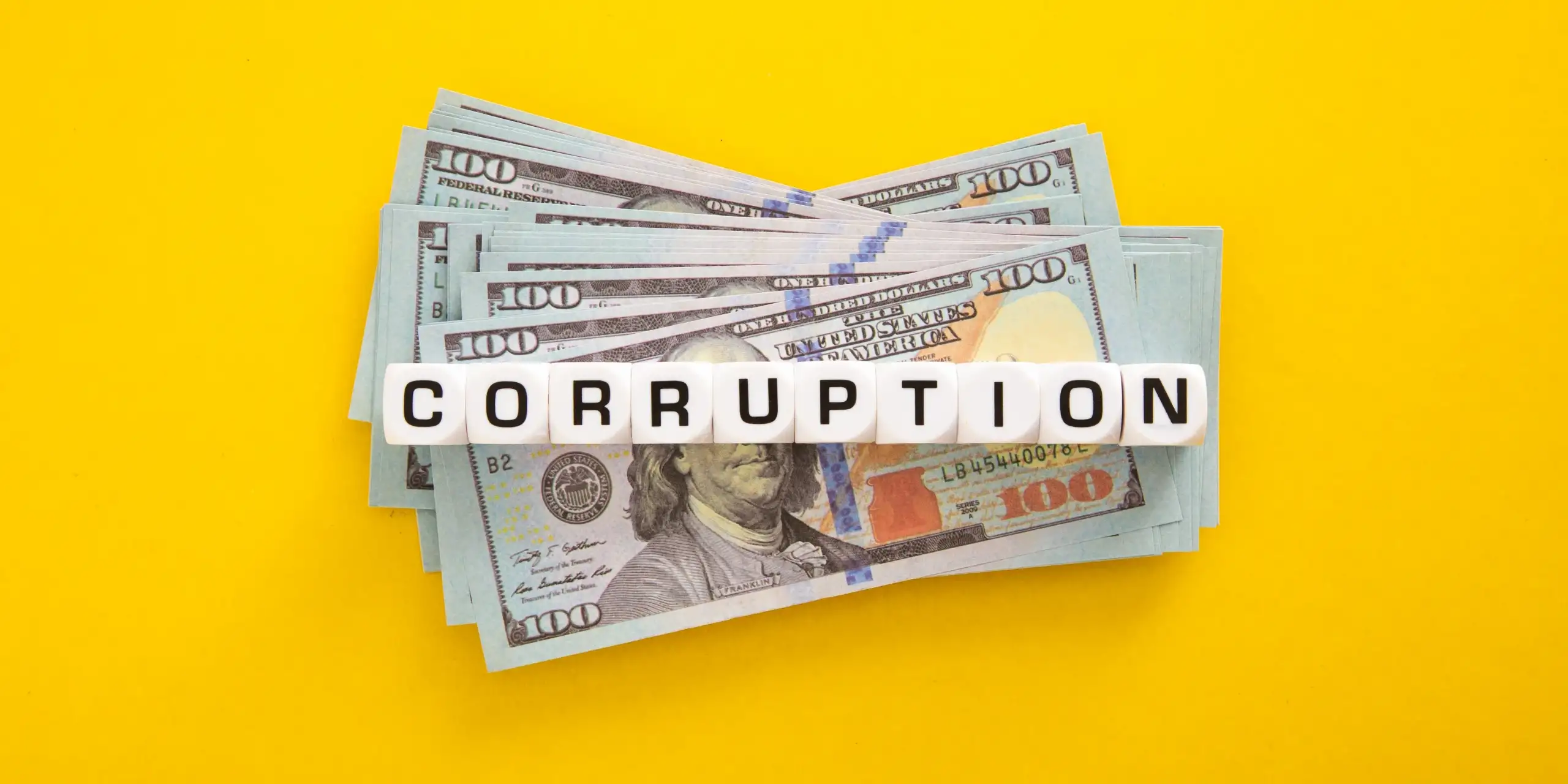Lessons from the Covid crisis
The year 2020 will have allowed us to observe the impact that an unknown factor can have on companies and their ability to adapt. It would seem that those with a more proactive CSR policy have fared better.
Novethic, in particular, defines it as a "resilience and competitiveness factor". Coincidentally or not, this may accentuate the tendency of investors to favor companies concerned with their CSR policy (Corporate Social Responsibility). Indeed, extra-financial rating is the tool favored by a growing number of actors.
For investors, it is a way to know who to include in their portfolio; for companies, it is a lever to be attractive. It is likely that the current context will accelerate the transition process of companies in their CSR approach.
What is meant by extra-financial rating?
Extra-financial rating is based on an evaluation of criteria revolving around environmental, social and governance themes. This is known as ESG rating (Environmental, Social and Governance criteria). These criteria are determined according to the sector of activity and make it possible to establish a rating, often established by the rating agencies, with a score on a scale ranging from 0 to 100.
When it is requested by investors, it is called a declarative rating, as opposed to a solicited rating, which is done at the company's request. Declarative rating is the most common today.
New challenges for CSR policies
For several years, small companies have specialized in the extra-financial rating market, mainly in Europe. In addition, the big names in traditional rating such as Moody's, S&P and Fitch have started to integrate ESG criteria into their ratings. They have also started to buy some of these young agencies, in order to position themselves on this market. Is this a sign of how important this market is becoming? The future will tell us...
We also observe that investors are placing more and more importance on companies' CSR policies. Indeed, recent and upcoming regulations such as the Pact law, the DPEF or the SFDR, as well as consumer expectations, are pushing to favor those with a good ESG rating.
Nevertheless, the market is still young, non-financial rating is still poorly controlled and lacks standardization, particularly with regard to the methodology used by the various agencies. There is currently a need to regulate this market and a desire, particularly in Europe, to harmonize regulations in order to define a common rating method.
Recently, Olivia Grégoire, the Secretary of State for the Social, Solidarity and Responsible Economy, mentioned the revision of a European directive on ESG rating, proof that the subject is gaining in importance.
Our companies have an #impact that must be valued. For @LePoint, I come back to the issues of extra-financial performance, currently under discussion at the European level.
In the economic game, either we make the rules or we suffer them!https://t.co/cXfuyIkiNl- Olivia Gregoire (@oliviagregoire) November 12, 2020
In addition, certain aspects lack clarity, such as the quality control of the data collected, the treatment of missing data or the definition of the ESG indices used for the rating. Addressing these issues is the first step before we can generalize this rating.
What is the future of extra-financial rating?
If extra-financial ratings do not yet have the same status as financial ratings, regulatory pressure and growing pressure from investors could rapidly change the situation in the years to come.
So how will change happen?
Are we going to see the rating around CSR issues rise to complement the classic rating? Or is the current trend, driven by the Covid crisis and the realization that change is necessary, suggesting a convergence between the two?
Thus, in a not so distant future, the term rating would integrate a global view. This term would not dissociate financial and ESG criteria, and would integrate them as a whole.
However, what we have learned is that before considering a possible convergence, we must first solve the problem of the maturity of extra-financial rating. This will largely require the definition of homogeneous methods and tools.



